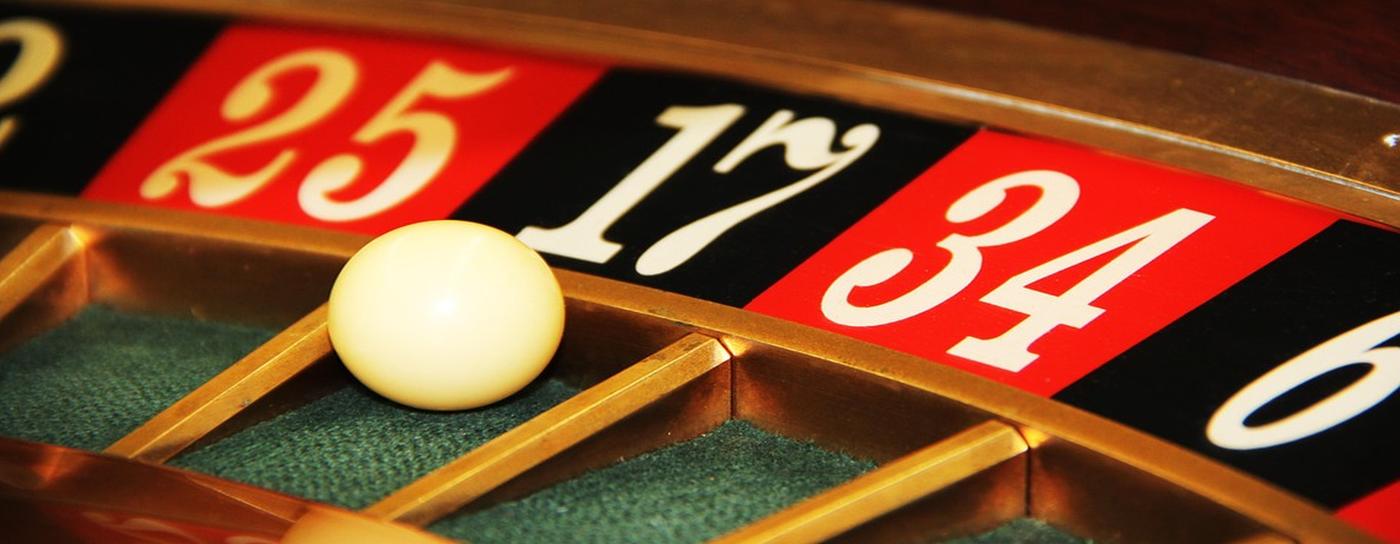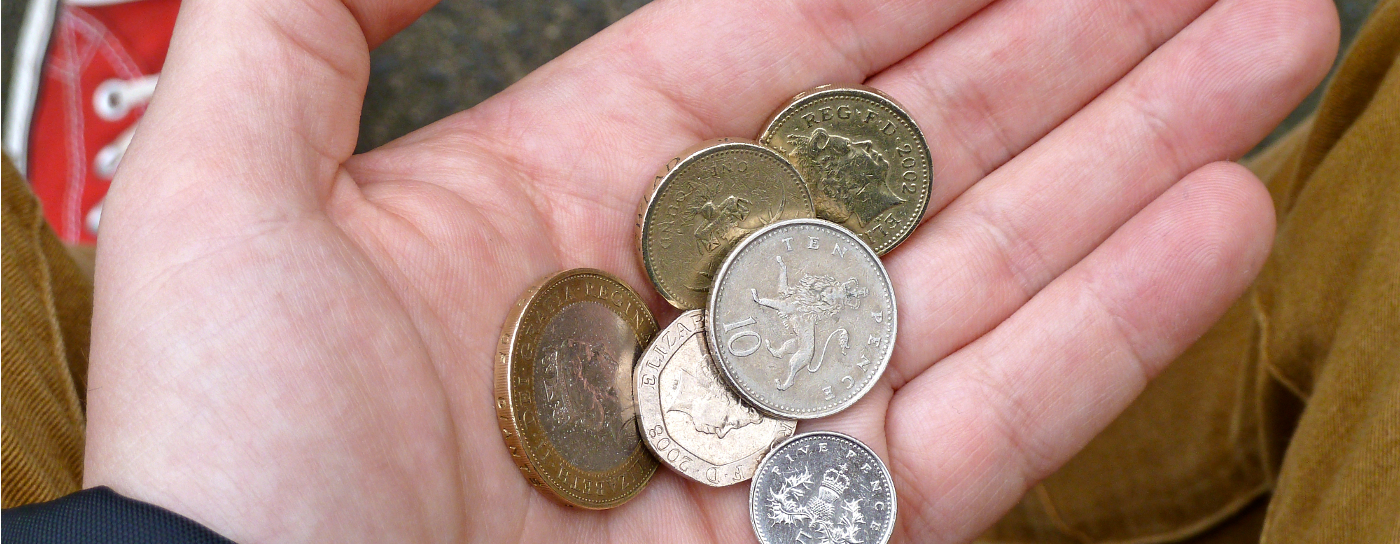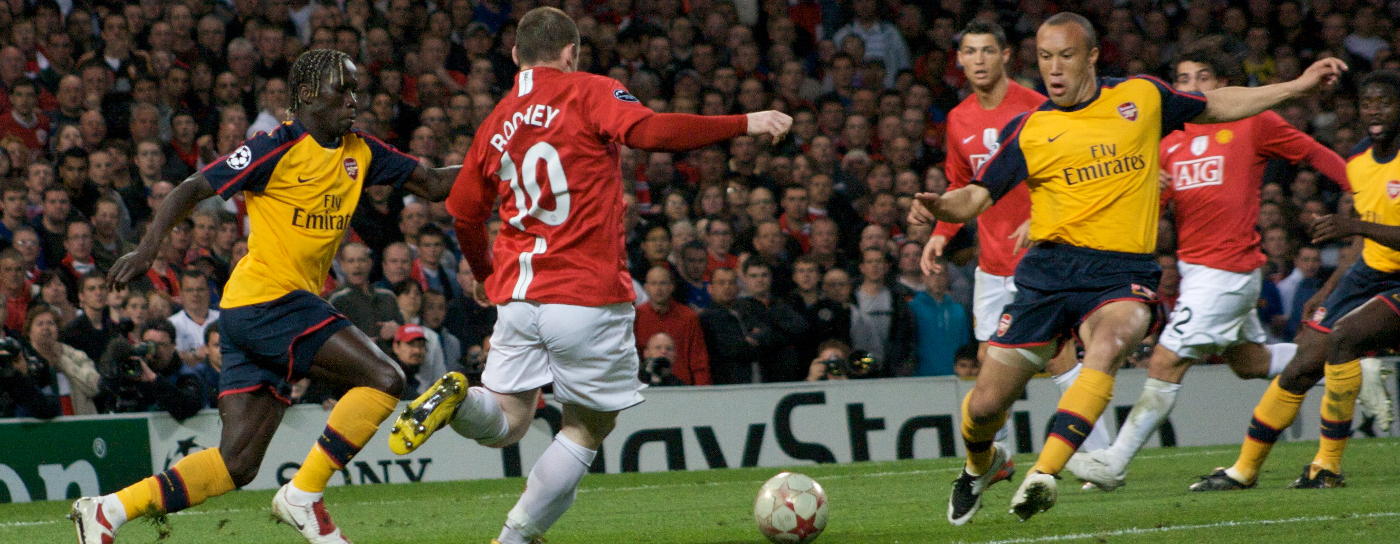
What next for J4P?
After nearly six years of helping people with their betting disputes and cases of exploitation J4P has decided to change how it works.
Nearly £2.5 million returned to gambling consumers is a pretty fair effort for two volunteer case helpers. As many of you know Paul Fairhead retired from this voluntary work around 16 months ago and sadly died just over 12 months ago, which has left this author working alone on all the cases. This has meant long days and long weeks.
J4P has been talking with a number of people we’ve helped to try and ascertain how we should move forward if we can no longer provide the exact same personal, responsive service. The outcome of this is that we’re going to provide a self-help dispute guide and possibly only become involved in cases (if needed) when all relevant evidence has been gathered by people themselves (the self-help guide will explain how to do this).
After six years it’s clear how things work, e.g. not very well and the Gambling Commission (GC) and other regulators refuse to ‘step up’ despite them knowing that consumer injustices are sometimes not dealt with appropriately. Some regulators won’t even do anything about clear law breaking.
The same applies to many, but not all people, who earn money directly or indirectly from gambling consumers. They’re quite happy to sit back, earn their money from said consumers, whilst giving little or no time to campaigning for a fairer and safer gambling market. It’s, therefore also time for the beneficiaries of gambling consumer spend to ‘step up’ and support the people who pay their wages.
Some of the gambling companies have improved, but some still refuse to engage in constructive dialogue; worse still, it’s not unknown for some to become aggressive with customers. People who are paid to threaten vulnerable people are a disgrace. As always there are exceptions to this.
The self-help guide will ‘tell it as it is’ that is J4P’s way. It will outline that the customer can succeed, but it will also outline the lack of help by most of those in the sector who are paid, the lies told, the law breaking, the deliberate delays and the stress and anxiety this can cause.
Before Paul retired we often discussed how our caseload had changed over time. Most of the easy cases had gone, because gambling companies soon realised that some of the things they were doing would not stand up in court, e.g. removing best odds guaranteed on an account after a horse had won, so paying out the wrong amount. Most of the cases J4P now gets are much more complex, primarily falling into the following categories:
- ‘Know Your Customer’ (KYC) and Source of Funds (SOF) document demands where money is being retained by a gambling company.
- Again, ‘Know Your Customer’ (KYC), but really identity/bet placement disputes, e.g. a dispute over who placed a bet or bets.
- Potential exploitation related to gambling disorder.
- Privacy law enquiries and breaches, e.g. retention of personal data.
Intertwined, wrong on all sides and nobody appears to care
In some ways 1, 2 and 4 overlap in that nobody knows, including J4P and/or gambling companies, who has placed bets or contributed towards a profit in an account where a balance built over time is being retained?
This is a nightmare, which is primarily driven by stake restrictions on sports bets and betting that guarantees a profit for the customer, which is often linked to account opening promotions (arbing, line-chasing, whatever you want to call it). The regulators and the government have flatly refused, as yet, to address these issues, i.e. they are quite willing for a customer to have 20 accounts using different identities with one gambling company and for gambling companies to entice people to gamble, even when they are vulnerable, and stake restrict every customer who doesn’t lose enough. The regulators are also quite happy for privacy law to be breached daily as part of this ‘war’ to prove ‘who is who’, to stake restrict accounts and increase spend for customers they wish to retain.
There is even a link back to 1 from 3. As ridiculous as it may sound, it’s true. Many gambling companies are ramping up their KYC checks relating to source of funds to gamble. Why this is seems unclear. As an example, is it:
- Regulatory changes already made?
- Proposed regulatory changes being discussed?
- The Gambling Act (2005) review?
- Genuine pressure from the Gambling Commission (GC)?
- Something else?
Whatever, this is causing ill feeling between those who want to bet, but are often stopped from doing so by many gambling companies and those who want to stop gambling, but sometimes can’t, including, because the same gambling companies don’t restrict their accounts like they do the former group.
It’s really easy to blame those who’ve had or have a gambling disorder. As anyone with any understanding of the situation knows, it is much more complex than a ‘blame game’. The Gambling Act (2005) review and GC proposals are a reflection of a complex history of partners (UK government, regulators, licensed gambling companies, gambling industry reputation managers and customers) failing to fulfil the main three objectives of the Gambling Act (2005).
Gambling will never be 100% safe and some will never see it as ‘fair and open’ whatever is done. Nevertheless, the UK has clearly failed to ensure a regulated market is as fair and open, safe and as free from crime as possible. There is surely no argument against this statement? Crime related to gambling appears in media every week, yet some customers can’t bet 10p with traditional sportsbooks who make hundreds of millions in profit, whilst other customers have been exploited by the same profitable companies. It’s certainly not a pretty picture, despite the numerous ways the reputation managers try to paint it.
Gambling disorder – a lack of will
It must be 3-4 years ago, possibly longer, since J4P discussed establishing a free dispute service for those who may be vulnerable and may have been exploited by a UK licensed company or companies with the GC.
J4P has no logical explanation for the GC refusing to establish a service and they have not provided one. If a person has a gambling disorder, they have a psychiatric condition and deserve the type of protection from regulation and the law that people with other health conditions receive. How anyone could think differently is beyond J4P. It’s sickening and those who’ve had the power to change things need to have a very ‘close look in the mirror’. J4P has no words for those who have actively resisted change, usually whilst being paid a fortune to do so.
The self-help guide and cessation of the present J4P service
Work has begun on the guide, but it will take many more hours, days, weeks to complete, so J4P will cease taking cases. This will not be like previous case breaks, e.g. J4P will not respond to any new cases AT ALL until the self-help guide is complete and we have decided what additional support we may provide in addition to the self-help guide. We apologise for this, but as stated it is time for others to ‘step up’.
Why now?
This decision isn’t just about J4P’s challenges, some of which are self imposed, e.g. a refusal to take money. We have considered the present gambling environment widely in addition to our conversations with some people we’ve helped. This gambling environment is changing quicker than ever before (not difficult), e.g.
- There are consultations and reviews that should lead to major change or they should be deemed as having failed, e.g. establishing a new gambling ombudsman with relevant staff expertise, supported by truly independent funding (in theory J4P’s voluntary personal case service will be redundant if this happens).
- An expansion of gambling charities and community interest companies, including a tiny few with millions in income.
- New NHS gambling services (still requires massive expansion and recognition that all services should be NHS funded and based on interventions supported by peer reviewed published evidence).
- Better links with widespread community services like Citizens Advice (NB: Gambleaware recently ceased funding some Citizen’s Advice gambling services).
- The development of specialist legal services.
There is certain to be a time gap to replace what J4P has been doing, but if others ‘step up’ that gap could and should be short. J4P hopes that its self-help guide will help those who are employed (paid) in this new gambling environment as well as individuals who gamble. J4P will be liaising with some of the aforementioned organisations to try to ensure they can introduce the self-help guide to their clients.
Why financial redress is important?
Perhaps a better question is: Why is financial redress not seen as important by some? If a plumber or window fitter ‘rips you off’ or a financial advisor who works for a UK licensed operator exploits you there are established avenues for redress. Gambling should be no different, but it is.
The gambling setup is strange. As an example, why is there an alternative dispute system for those who win, but not for those who might have been exploited? Why does the regulator not see that financial redress is important for those with a gambling disorder? J4P doesn’t know the answer to either question, but in the case of the latter suspects it is partially driven by outdated views of addiction. Other examples include, gambling disorder case law. Why does case law presently support a gambling company not having a duty of care? If you cause harm as a corporation you are more than likely liable. There are many examples, so why not licensed gambling companies? Again, J4P is baffled by this.
The adverse effect on mental health of gambling disorder is well known. Financial problems in general are a well known driver of adverse mental health. It is, therefore clear in any logical world that financial redress, where appropriate, should be a priority if we are to improve mental health and other outcomes for those whose lives have been ruined by gambling.
No, J4P is not suggesting that people with a gambling disorder should just be given money back, we are suggesting that the regulator takes seriously how best to establish a dispute service that will, where appropriate, return some money to a person in the safest way possible. As already stated J4P’s preference is a new gambling ombudsman.
This is just one quote of many from J4P’s dispute work, “Me and my family can’t thank J4P enough. Without the money you helped us receive my kids would probably not have a father now.” The person who provided this quote is now working on the self-help guide and giving back to help others in a similar situation.
No, J4P is not saying all customers who are owed money are the innocent party. Gambling companies have every right to defend their business against unfair practices. J4P has campaigned and hopes for a new ombudsman, because our experience suggests it’s needed, e.g. why is a volunteer doing this? This example relates to KYC demands, not stake restrictions.
“What can I say, you are an absolute legend and I can’t thank you enough on behalf of myself and others for everything you do for punters. ******* account fully reopened. I would never have been able to get this far without your intervention.”
Conclusion – time for others to ‘step up’
J4P is ceasing to do what it has done for nearly six years whilst we complete a gambling dispute self-help guide. After completion J4P will explain what we plan to do next, which may or may not involve taking cases again.
Unlike nearly six years ago there are others who could introduce and discuss J4P’s self-help guide with clients whilst waiting to see if a gambling ombudsman is established by the Gambling Act (2005) review. If an ombudsman isn’t established the UK government and all partners, in J4P’s opinion, will have failed. There simply aren’t any sensible reasons for this not to happen based on years of gambling dispute experience.
At present some gambling customers do not get justice quick enough, much worse some people with a gambling disorder continue to be abused during dispute negotiations by some gambling companies post the original exploitation whilst gambling. This has to stop and urgently.









